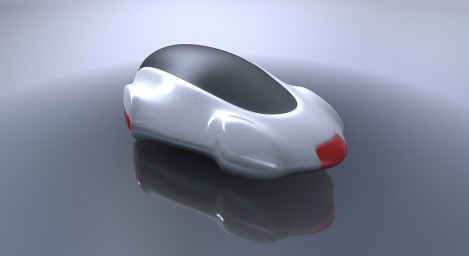
As the Big Three automakers in the U.S. try to hash out a financial deal with Congress to stay afloat, the Electric Drive Transportaton Association held their annual conference. The question on the lips of many attendees was: "Could electric cars charge up struggling automakers?" McClatchy Newspapers talked with Brian Wynne, president of the Electric Drive Transportation Association, who summarized the current prospects for an aggressive approach to electric car manufacturing.
"We've proven the concept. We've had a lot of product announcements. The question now is how do we get the volume up fast," Wynne said. "And the faster we can get to volume and start greening that fleet, the quicker we get to benefits that are captured — oil displacement, reduction of greenhouse gases and enhanced economic well-being — stop flowing money overseas, for example, and start investing in jobs here."
A number of the utility companies that are members of the association are exploring scenarios that could support the use of greater numbers of electric cars without requiring the building of additional powerplants, including PG&E of California.
PG&E in California also wants to see more electric vehicles run on wind power, said Jill Egbert, who manages its clean transportation section. With "smart charging," the utility could provide incentives to owners to charge their cars at off-peak times.
What's more, the utility could make arrangements with customers so that when there's a need for power, it could automatically stop their car battery recharging for a time — without harm to the battery — and resume it later so that the car would still be ready in the morning. That way, the utility could avoid building more power plants, Egbert said.
Consumers have demonstrated a strong desire for electric cars and many localities and setting up the infrastructure to support them. Now is the time for the government to help solve the most critical problem, the battery technology. The bailout terms should include strong incentives to kick start the promising transition toward oil-free transportation.